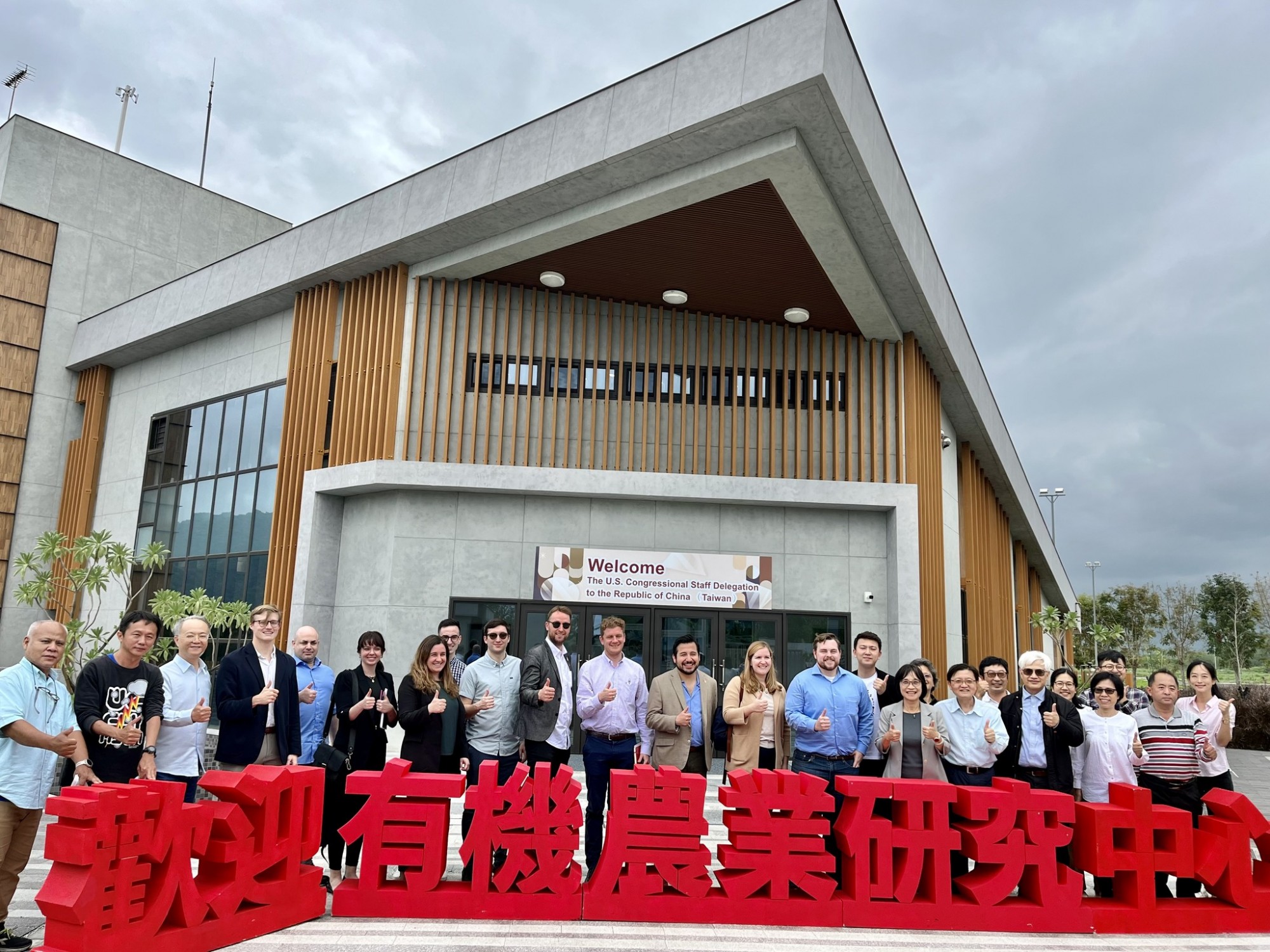APSAA 亞太永續行動獎(Asia-Pacific Sustainability Action Awards )-Sustainability Action Award SDG13:Silver
Hualien District Agricultural Research and Extension Station COA., R.O.C.(Taiwan) 花蓮區農業改良場

Climate-Resilient Agriculture
We are a regional agricultural research and extension center and aim to overcome the agricultural challenges posed by extreme weather conditions by using the assistance of cross-disciplinary experts, suitable technology, and international cooperation. We established Asia’s first organic agriculture center and will be investing in the Resilient Agriculture Hope Project. Our key achievements in 2022 include promoting green chemistry to reduce pesticide use, conducting research on and developing safe alternative materials, establishing biological control and integrated pest management (IPM) technology for top-grafting sand pears, scallions, cantaloupes, and rice. We have also received recognition for our efforts in the form of the “3rd Green Chemistry Application and Innovation Award—Group Category—Green Chemistry Education” and “2nd Sustainable Farmer IPM Award—Innovation and Research and Development Category.” Furthermore, relevant studies have indicated that if the conventional agricultural operation (plowing and flooding of the fields after growing Sesbania) during the second fallow period in Yilan County, Taiwan, is replaced by the planting of Azolla pinnata, 35–43 metric tons of carbon dioxide emissions can be reduced per hectare in Yilan County. Additionally, Azolla pinnata is already being used as a green manure crop during fallow periods. In terms of variety development and preservation, two new varieties have been developed to overcome climate adversity in 2022. Total organic farming area in Yilan and Hualien expanded by 771 hectares (26.3%) between 2020 and 2022, which has contributed positively to the protection of terrestrial ecology. An intelligent agriculture platform was established to monitor field conditions and production schedules, propose immediate response strategies, and reduce disaster damage. Moreover, mechanized intelligent agricultural technologies such as drones, were used to implement precise farm management and enhance farmers’ income. Through observation meetings, seminars, workshops, the promotion of environmental education teaching projects, the online publication of open-access research, and continual domestic and international exchanges, we have been continually educating our staff, farmers, and the general public to enhance their ability to cope with climate change. This practice contributes to the achievement of Sustainable Development Goals (SDGs) 13, 12, 15, 2, and 17 of the United Nations.

